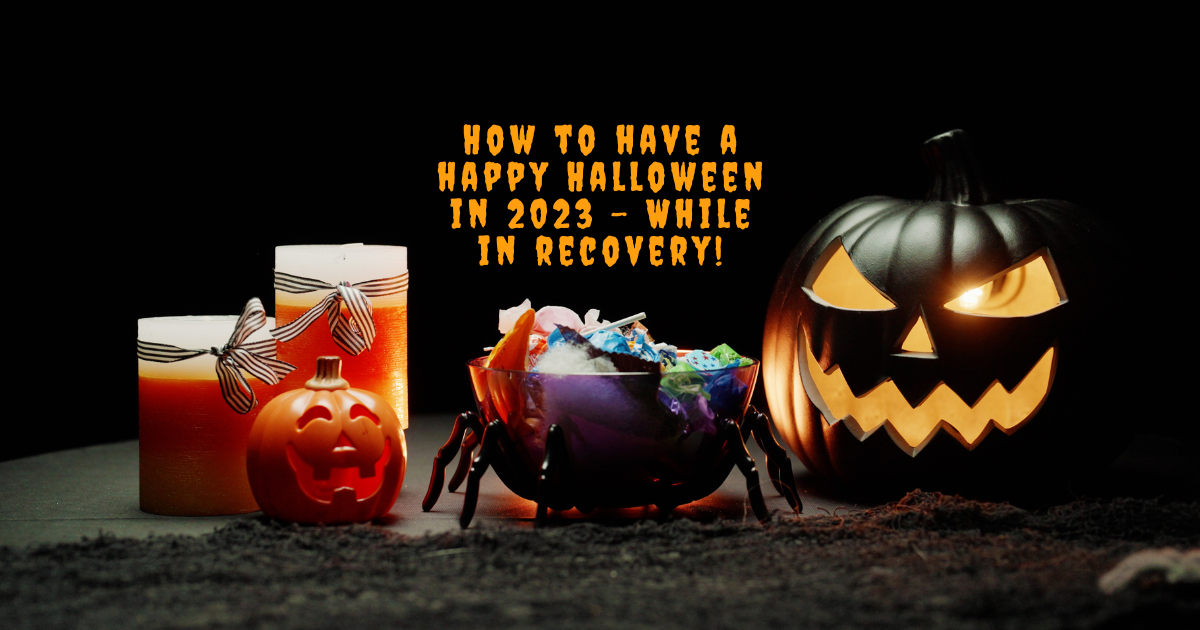Updated: Aug. 3, 2023, at 9:23 a.m.
Finding new and effective ways to support recovery can be difficult for many people struggling with addiction. However, a growing body of research suggests that animal-assisted therapy (AAT) may be a valuable addition to traditional addiction treatment programs. AAT is a unique form of therapy that involves working with animals, such as dogs or horses, to improve mental health.
Whether you’re a dog lover or prefer the company of cats, AAT has something to offer everyone. Through the use of trained animals, AAT can provide a sense of comfort, companionship and motivation for those struggling with addiction. Let’s dive deeper into how AAT can help people in their journey toward recovery.
What Is Animal-Assisted Therapy (AAT)?
AAT is a type of therapy that integrates a trained animal into the treatment process to help people dealing with physical, emotional or mental health issues. This therapy is intentional, structured and usually led by a licensed health professional with specialized training.
The animal’s presence and interactions with the patient can help promote their physical and mental health by providing:
- Comfort
- Companionship
- Stimulation
The specific goals of AAT may vary depending on the patient’s needs, but it’s normally designed to support the healing process and improve a person’s quality of life.
What Types Of Animals Are Used In Animal-Assisted Therapy?
AAT can involve a variety of animals, depending on the needs of the patient and the goals of the therapy. The most commonly used animals in AAT include:
- Dogs
- Cats
- Horses
- Birds
Dogs
Dogs, perhaps the most popular animals used in AAT, are often used in AAT for addiction treatment because of their:
- Social nature
- Loyalty
- Ability to sense and respond to human emotions
They can be trained to provide emotional support and help people with addictions develop:
- New coping skills
- Reduced feelings of stress and anxiety
For example, a therapy dog may be used to help a person with addiction overcome feelings of isolation and loneliness by providing companionship and social interaction.
Horses
Horses are another popular animal used in AAT for addiction treatment, particularly for people with a history of trauma. Equine therapy, for example, involves working with horses in various activities, such as:
- Grooming
- Feeding
- Riding
This type of therapy is designed to help patients develop trust, empathy and emotional regulation. Horses are particularly effective in helping people in addiction recovery develop new communication skills and learn how to recognize and manage their emotions.
Cats & Other Small Animals
Smaller animals such as cats and birds can offer a different kind of comfort and connection for patients who may not feel as comfortable around larger animals. These AAT options allow for a personalized treatment tailored to the patient’s needs, preferences and therapeutic goals.
So, whether you’re a dog lover or a cat person, AAT can be a valuable part of your recovery journey.
How Does Animal-Assisted Therapy Work in Addiction Treatment?
Addiction treatment programs have increasingly incorporated AAT into their treatment plans, recognizing the benefits that animals can provide in aiding addiction recovery.
Here are four specific ways in which addiction treatment programs incorporate AAT:
As a stress and anxiety reducer
Studies have shown that interacting with animals can lead to a reduction in stress and anxiety. For people in addiction recovery, stress and anxiety can be common relapse triggers. Therefore, incorporating animals into therapy sessions can help them learn how to manage stress and anxiety in a healthy way, reducing the likelihood of relapse.
As a social skill builder
AAT can also help people in addiction recovery build social skills and improve their ability to communicate and interact with others. For example, group therapy sessions that incorporate animals can promote the following among patients:
- Trust
- Cooperation
- Positive communication
As a source of motivation and self-worth
AAT can provide a sense of purpose and motivation. Interacting with animals can increase feelings of self-worth and encourage people in recovery to take better care of themselves and their overall well-being.
As a way to reduce feelings of loneliness and isolation
Animals can provide a sense of companionship that reduces feelings of loneliness and isolation, which are often associated with addiction. Incorporating animals into therapy sessions can help people feel more connected and supported throughout their recovery journey.
Overall, incorporating AAT into addiction treatment programs can have significant benefits for people in recovery, improving their mental health, social skills and overall well-being.
What does the research say?
A 2020 article published online in the International Journal of Environmental Research and Public Health found that AAT can be a valuable addition to the residential treatment of “dual pathology.” Also known as dual diagnosis, dual pathology refers to the co-occurrence of a substance use disorder and a mental health disorder, which is common among people seeking addiction treatment.
The study found that patients who participated in AAT experienced significant improvements in their overall well-being, including reductions in:
- Depression
- Anxiety
- Stress
Additionally, patients reported feeling more connected to their treatment team and other patients in the program. The presence of animals also helped to create a calming and supportive environment, which can be especially beneficial for those in early recovery.
Animal-Assisted Therapy: A Promising Tool for Addiction Recovery
AAT has clear benefits in helping those struggling with addiction. We’ve seen how different animals can provide various benefits, such as reducing stress and anxiety or providing companionship and a sense of purpose. AAT requires a trained therapist and animal, making it a more structured and intentional form of therapy.
Many addiction treatment centers already incorporate AAT into their programs, and it’s becoming more common as research continues to demonstrate its effectiveness. In fact, a study published in the Journal of Substance Abuse Treatment found that over half of surveyed addiction treatment centers in the United States offered some form of AAT.
It’s exciting to think about what the future holds for AAT and its potential to help even more people overcome addiction. As more research is conducted and more addiction treatment centers adopt this therapy, we may see even more positive results for those seeking recovery.
Call Landmark Recovery To Learn About Pets And Recovery
If you or someone you know is struggling with addiction, Landmark Recovery can help. Our integrated treatment programs are designed to help you choose recovery over addiction and find your own path to a drug-free lifestyle. While we don’t offer AAT, we do allow patients to bring their dogs as emotional support animals to aid in the recovery process.
Plus, we’ve written some great blog posts about pets and recovery, including:
Our admissions team is available 24/7 to answer any questions you may have and provide support as you take the first step towards a better tomorrow. So why wait? Call Landmark Recovery at 888-448-0302 to learn how we can help you achieve lasting recovery and get back to living life on your own terms.

Choose Recovery Over Addiction
We're here 24/7 to help you get the care you need to live life on your terms, without drugs or alcohol. Talk to our recovery specialists today and learn about our integrated treatment programs.




